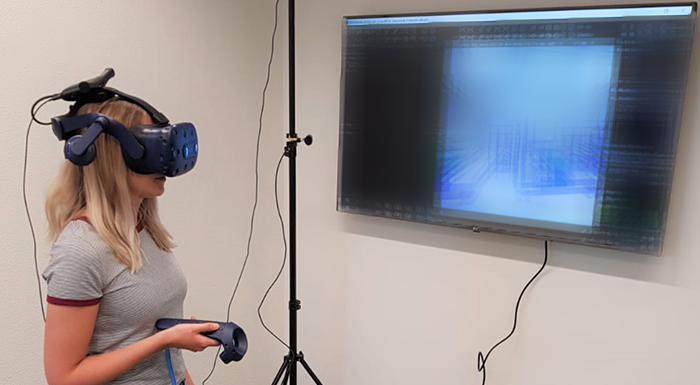
What will happen when Excel stops functioning today? Perhaps a strange question, but not less interesting when you think how much Excel data is ‘floating around’ inside organisations. Data which is meant to make life easy for the user, for example, as a calculation or account statement, or for documentation or knowledge sharing, etcetera.
In this article I will discuss the usefulness of central knowledge sharing within OEM organisations.
The floating Excel data combines into separate isles of knowledge within a world that is called ‘the company’. Sometimes bridges are build between these isles (or at least an attempt to do so is made), but unfortunately these bridges are often fragile lines that are susceptible to changes and difference in use.
In fact, it makes the knowledge within the organisation strongly fragmented. Besides sub-optimalisations, its use remains dependent on specific user(s). The (pre)conditions, the lessons from the past and the trial-&-error-sciences, are for the most part in the hands of veterans within the organisation and of course the creator of the Excel sheet. As long as these, often grey, wise men or women can be consulted, knowledge will be available. But because the number of lifetime careers within one and the same company has been drastically cut, we should secure our data management in a more clever way.
The role of the Technical Product File
When the market picks up, outsourcing production is a clever way to deal with demand in a flexible manner. When the technical product dossier (TPD) is satisfactory, the make-buy decision can depend on product utilisation and order portfolio. But with an engineer-to-order work method (EtO) the Product Dossier is different each time. This requires order engineers and project leaders with quite a lot of product experience. Translating customer demand into machine specifications cannot be simply handed over to third parties, because specific process knowledge and application range of the building blocks is something the company owes its very existence to.
Enjoy the repeat!
Functional outsourcing is a way to unburden order engineers. Here too, preliminary work is needed. Besides a clear scope demarcation and interface definition, a translation of user requirements to functional requirements remains necessary. These also happen to be the first steps in the process of product modularisation! By modularising a product, the product is smartly divided with the aim to properly serve the order creation process, minimise risks and have a better focus on operational excellence. Technical specifications and knowledge of application range can be determined per module. Both can be understood by several people within the company and can even be approached from a single source configurator.
Experience shows that herewith, the percentage of EtO work is concentrated within several modules and, in total, decreases significantly or else can be automated for the most part. Of other modules, variants can be prepared. These can be characterized as assemble-to-order (AtO). In fact, you could design a configure-to-order process with this!
Processing feedback, refinement of knowledge and expanding the application range, all create shorter iteration steps, so that a situation can be improved, more direct benefit and a faster market introduction. That’s why we say; ‘Enjoy the repeat!’.
With the Bridging the Future programme, Post en Dekker offers a strategic approach for the creation of integral flexible production chains. Based on more than fifteen years of success for leading OEM developers, we make product designs and order creation processes lean. At the same time, we offer a turn-around in order to keep the organisation of the OEM developer permanently innovative and make his work process 'knowledge-based'.
Do you want to know more about our organization and our work methods? Please get in contact.












